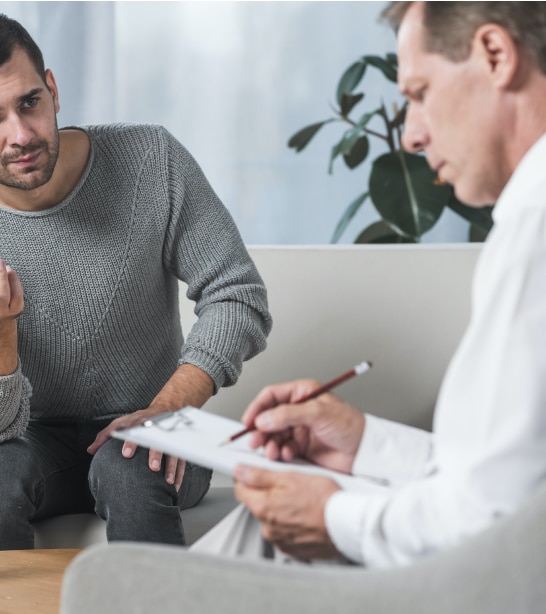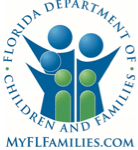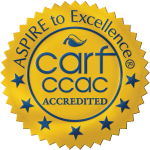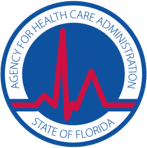Anxiety Disorder Treatment
Home » What We Treat » Anxiety Disorders

What Is Anxiety?

Common Anxiety Symptoms
- Heightened startle response
- Abdominal pains
- Insomnia
- Sweating
- Feeling smothered
- Worrying about unlikely events
- Feelings of impending doom
- Fear of losing control
- Depression and suicidal feelings
- Inability to relax/stop worrying
- Racing heart
- Flushing
- Severe shyness
- Neck and facial numbness
- Compulsive habits
Another symptom of an anxiety disorder is clouded thinking or brain fog which is sometimes referred to as mental fatigue. Individuals with mental fatigue may experience:
- Lack of Mental Clarity
- Forgetfulness
- Inability to focus
- Difficulty concentrating
- Lack of mental clarity
- Forgetfulness
- Inability to focus
- Difficulty concentrating

Types of Anxiety Disorders
- Generalized Anxiety Disorder
- Obsessive Compulsive Disorder (OCD)
- Panic Disorder
- Phobias
- Social Anxiety Disorder

Generalized Anxiety Order
Obsessive Compulsive Disorder (OCD)
Panic Disorder
Phobias
- Acrophobia: Fear of heights
- Aerophobia: Fear of flying
- Agoraphobia: Fear of places/situations where escape may be difficult
- Arachnophobia: Fear of spiders
- Cynophobia: Fear of dogs
- Ophidiophobia: Fear of snakes
- Social Phobia: Fear of social situations
Social Anxiety Disorder

Dual Diagnosis



Our Individualized Anxiety Disorder Treatment Programs
- Lifeskills Fort Lauderdale: Detox and Subacute Residential: In this closely structured and supportive therapeutic environment with 24/7 nursing support, we provide a non-traditional residential program with detox services for higher acuity clients as a stepping-stone to a more traditional residential setting.
- Lifeskills Deerfield Beach: Residential: At Lifeskills Deerfield Beach, clients live in fully furnished and professionally staffed townhomes, allowing them to adapt their new coping skills and practice their daily routines during treatment. Residential treatment includes group therapy and support groups.
- Lifeskills Delray Beach: Outpatient: Our partial hospitalization program (PHP) and intensive outpatient program (IOP) allow clients to expand their independent living skills while increasing their responsibilities.
- Lifeskills Osceola Village: Transitional Housing: A FARR Accredited and Level II transitional living community, Osceola Village residences allow individuals to step down to semi-independent living while attending our outpatient programming.
Anxiety Treatment at Lifeskills
No matter what symptoms one is experiencing, anxiety recovery is possible. At Lifeskills, our initial assessment helps us understand each client’s unique mental health needs so we can customize an anxiety treatment program for them, which may include anti-anxiety medications. At our treatment centers, our skilled staff ensures that each client receives the best individualized mental health care using evidence-based practices. As the foundation of our evidence-based practices, we offer Clinical Pathways, and each is led by a doctoral-level or licensed clinician with additional national certifications in their area of expertise. Based on an assessment of clinical need, diagnosis, and medical history, each client is prescribed the most appropriate primary and secondary clinical pathways. Our Cognitive Behavioral Therapy (CBT) Pathway is primarily used to treat mood and anxiety disorders including obsessive-compulsive disorder (OCD). Throughout each client’s treatment, we’re flexible to ensure that their recovery journey is right for them.






